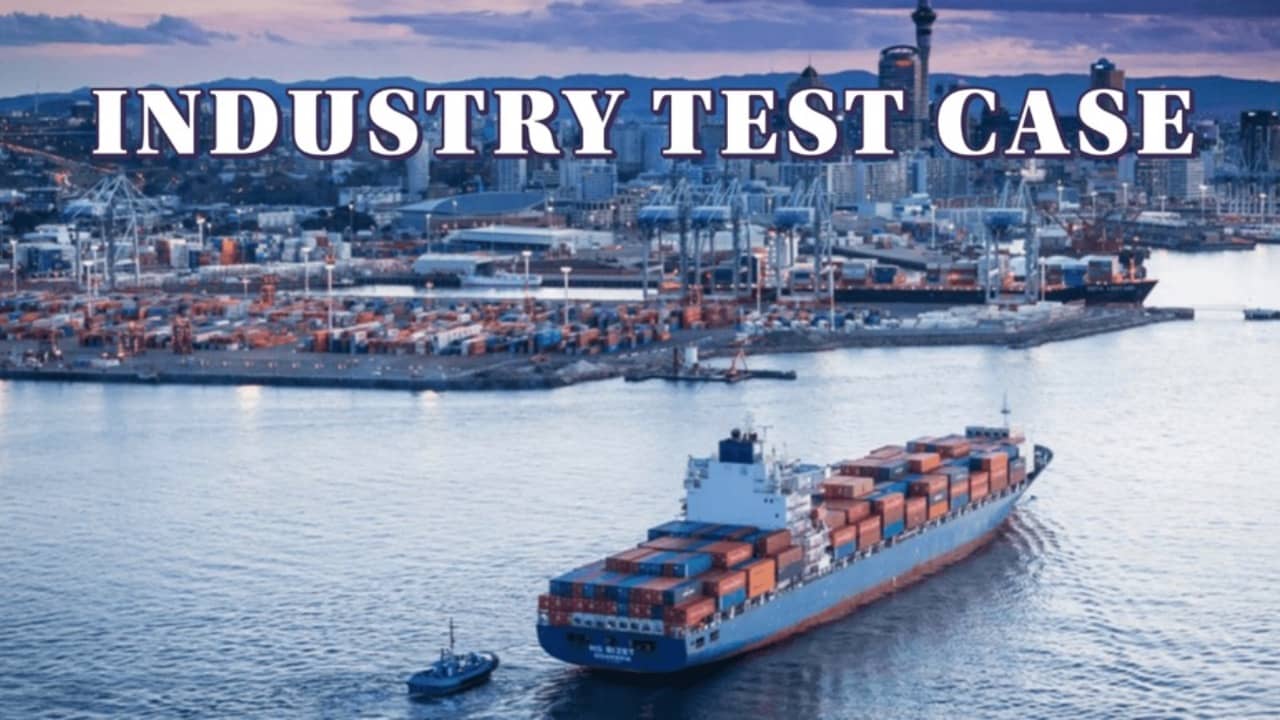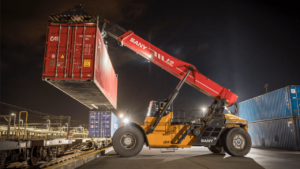
Detention and Demurrage Case May Set a Precedent
4-minute read
There is nothing like detention and demurrage charges that affect the relationships between shipping lines, importers, customs agents and freight forwarders. Over the years, the disputes were taken to tribunals and courts.
Therefore, there’s likely to be significant interest in a fascinating case currently going through the deliberation process by the US Federal Maritime Commission (FMC), the US Government body that oversees competition in that country’s supply chain.
As such, shipping services come under its jurisdiction – including services operated by international lines to the US – and therefore, decisions reached by the FMC may set precedents in the world of shipping practice.
One current litigation which could become an industry test case is a detention and demurrage complaint levelled by trucking company Orange Avenue Express (OAE) against German carrier Hapag-Lloyd.
OAE usually picks up import reefer boxes from Los Angeles and Long Beach ports on behalf of Hapag-Lloyd and takes them to its Long Beach facility. It generally uses triple-axle chassis to collect the boxes, which would often be overweight for the American roading network.
OAE breaks down the cargo and repacks it into standard weight-compliant boxes for delivery. Two days’ free time is normally allowed to get the empty reefer containers back to a terminal drop-off point. In the past, the system seems to have worked well.
However, against a backdrop of severe congestion in US West Coast ports and terminals, things appear to have gone awry. According to the docket lodged with the FMC explaining OAE’s complaint, OAE alleges it was charged daily for late-returned reefers.
The problem, says OAE, was caused by Hapag-Lloyd itself due to conditions it imposed which made delivery of empties within the free-time problematic.
At the heart of the complaint is a system whereby truckers need to make appointments with terminals to deliver empties and, in some cases, are required to pick up an import box at the same time. This is termed a “dual transaction” and aims to get maximum efficiency out of a truck call.
According to OAE, Hapag-Lloyd would daily indicate where empties could be returned. If there was no availability to take the empties, it would waive detention charges for that day only.
No detention charges were waived if Hapag-Lloyd nominated a location for returns, but appointments to drop the empties there weren’t available, and the trucker was unable to make a booking or could not fix a dual transaction. OAE says it would return empties “to the extent it reasonably could”.

As a result, containers remained stacked in OAE’s yard and became liable for detention fees. At one point, OAE had about 70 boxes awaiting “return authorisation and availability,” it claims. OAE had to pay a neighbouring company to unload and help store containers.
A second party, fruit distributor One Banana North America, moved to intervene in the case “. . . for the limited purpose of using discovery and examination of witnesses because common issues of law and fact exist between One Banana’s interest and the subject matter of this proceeding.”
One Banana is a user of Hapag-Lloyd’s services and states in its motion to the FMC that it began experiencing problems with Hapag-Lloyd’s shipments in the Port of Long Beach in September.
The first signal was that trucking companies began refusing to pick up reefers from Hapag-Lloyd. According to the truckers, the problem was precipitated by Hapag-Lloyd’s failure to make adequate locations available to receive empties while at the same time not allowing truckers to pick up loaded containers unless they also dropped off empties.
As a result, says One Banana, many trucking companies refused to deal with Hapag-Lloyd or required that One Banana make a prepayment in excess of US$12,000 per reefer to cover the expected detention charges.
Consequently, many One Banana reefers containing fruit remained in the port in excess of demurrage-free time, which resulted in the imposition of demurrage charges.
Additionally, some of the reefers that were picked up by truckers could not have been returned within detention-free time, resulting in detention charges from Hapag-Lloyd.
One Banana has filed its own Verified Complaint with the FMC and wanted to intervene in the OAE case because its claims “. . . are in part based on the same facts and circumstances”.
Hapag-Lloyd is rejecting most of the accusations, and its main defences are that the FMC lacks subject matter jurisdiction; that any inability to return empty containers within free time was due in whole or in part to the trucker or cargo interest; and that its own conduct was reasonable in light of the totality of the circumstances.
An initial decision of the FMC is expected to be issued by December 8 this year and the final decision by June 22, 2023.
Of course, the FMC’s decisions affect only trades to and from the US. But as a benchmark, they are seized upon by shippers in other jurisdictions, which is why these cases are being followed with interest.
Source: The New Zealand Shipping Gazette
P.S. Easy Freight Ltd helps New Zealand importers & exporters to save money on international freight and reduce mistakes by guiding how to comply with Customs and biosecurity rules.
➔ Contact us now to learn how we can assist you.
